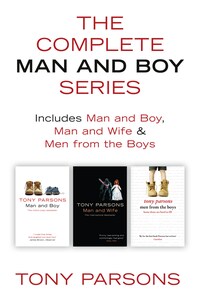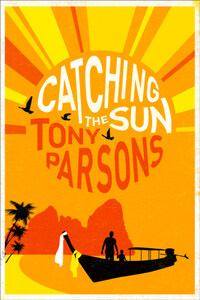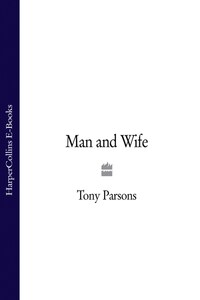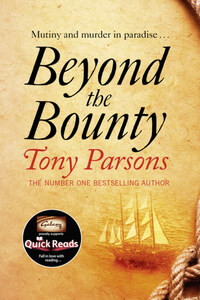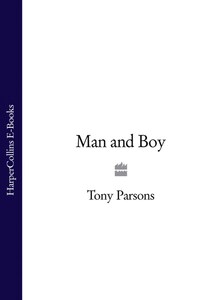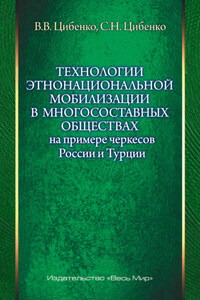When I was a washed-up music journalist, wondering what to do with the rest of my twenties, not to mention my life, the telephone rang.
It was a friend on a women’s magazine. She wanted to know if I would write something for them. One thousand words on ‘Commitment’. The man’s view. Sure, I said, before she had a chance to change her mind. I was desperate for work, and the red bills were piling up.
And that phone call saved my life.
Because when I sat down to write about commitment for my mate on the women’s magazine, I discovered my subject.
Sex. Romance. Fathers. Sons. Men and women-especially that-how we struggle to find love, and what we do with it when we find it.
The great game that never ends.
My subject had been music, but that had gone by the time I was twenty-five. The musicians I had known, and loved, and written about, had all moved on. Some of them were trying to crack America. Some of them were dead. Some of them were trying to hold on to their sanity. But nobody was where they had been any more.
I had joined the NME at twenty-two and it was what I did instead of university or National Service. I went in as a boy and I emerged as a man. Or, if not exactly a man, then at least a boy who had taken lots of drugs and met Debbie Harry. But it was never meant to last forever, and it didn’t. By twenty-five I was out of a job, and penniless, and a father. By twenty-nine I was out of a job, and out of a marriage, and penniless, and a single dad.
So whatever way you looked at it, things were definitely going downhill.
I had dropped out of school at sixteen with wild, impractical dreams of being a writer. After years of low-paid jobs that ended with the night shift at Gordon’s gin distillery, I landed that job on the NME. They hired me because I had published a novel called The Kids-exactly the kind of callow, feverish rubbish that usually remains mercifully locked in some teenager’s bottom drawer-and, far more importantly, I looked quite good in a cheap leather jacket.
I was a writer at last. But in the music press, the only vocational training I ever received focused on teaching me about taking drugs with rock stars. How to pass a joint to Bob Marley. The correct etiquette at a Keith Richards’ heroin bust. How to offer Johnny Rotten some of your amphetamine sulphate without making some dreadful faux-pas. When I was on the NME, the creative writing thing was far less important than being able to hang out with Iggy Pop all night. I really wanted to write-it was the only thing I had ever found that I was halfway good at-but after leaving the NME, I found I had lost my subject without even really serving my apprenticeship.
Until I got that phone call.
So I wrote my little piece on commitment. And then I started to get other phone calls. The same sort of thing. And I realised that I loved it. Writing about the great game. Men. Women. Family. Fathers and sons. Husbands and wives. Sex and romance and what happens when you can’t tell the difference. And the happy days when there really is no difference. How we feel when it all comes apart, and how we never stop hoping that we will get just one more chance to get it right. Becoming a parent and watching your own parents age and die. Finding love and then misplacing it somewhere, or having it snatched away from you.
The money wasn’t terrific, but it was a living, just about-and I hadn’t been making a living for a long time.
Money had not been important when I was at the NME. After a night of rock and roll decadence, me and Julie Burchill-then my girlfriend, later my wife, and a bit later still my ex – wife – would often take R. Whites lemonade bottles back to the local shop, collect our tube fare, and go to work, giggling like a pair of happy urchins who were exactly where they wanted to be. We didn’t need money. Apart from the deposits we claimed on lemonade bottles to pay our tube fares.
But then I became a grown-up–with a wife, and a baby, and a divorce, and a broken heart, and a broken boiler, and bills that I could not pay. And money would matter from now on because I could never again pay my way in the world by taking back a few R. Whites lemonade bottles.

